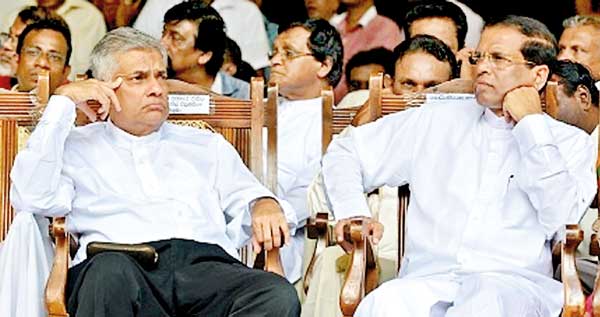17 Sep 2015 - {{hitsCtrl.values.hits}}

.jpg) The constitution of Sri Lanka is the supreme law of the country that gives powers to the government of the day and limiting its powers to the constitutional boundaries.
The constitution of Sri Lanka is the supreme law of the country that gives powers to the government of the day and limiting its powers to the constitutional boundaries.
26 Nov 2024 4 hours ago
26 Nov 2024 5 hours ago
26 Nov 2024 5 hours ago
26 Nov 2024 7 hours ago
26 Nov 2024 7 hours ago